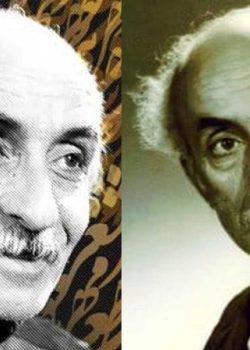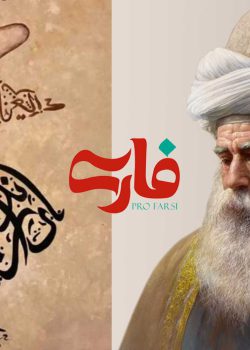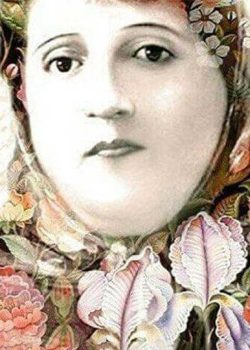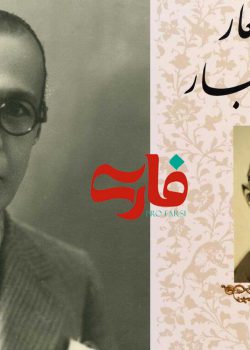3 Best Nezami Ganjavi Poems
Nizami Ganjavi (Nizami or Nizami Ganje’i) was a renowned Persian poet and one of the most influential figures in Persian literature. His works, dating back to the 12th century, continue to captivate readers with their lyrical beauty, vivid imagery, and profound wisdom. Nizami Ganjavi’s poems often deal with universal issues such as love, passion, faith, and morality – leaving an indelible mark on Persian literature and beyond.
Early Life and Background
Nizami Ganjavi was born in 1141 in Ganja, Azerbaijan, during the Great Seljuk Empire. This culturally and intellectually rich city provided Nizami with fertile ground for his early education and exposure to literary and intellectual influences.
Nizami was raised in a humble household that valued education and literature. He received classical training in Arabic, Persian, and other subjects from renowned scholars. Nizami demonstrated an early aptitude for poetry, quickly earning him recognition for his skill and eloquence.
His poetic abilities developed as he aged, and he began creating his own works. His works were heavily influenced by Sufi tradition, Persian epic poetry, and the romantic poetry of his era. Growing up in Ganja, with its diverse cultural influences and literary traditions, influenced Nizami’s creative voice and artistic sensibilities.
Nizami Ganjavi’s early life was marked by personal tragedies, such as the loss of his father at a young age and economic hardships. Despite these obstacles, his love of poetry and dedication to the craft drove him further to hone his abilities and pursue a literary career that would leave an indelible mark on Persian literature. In the following sections, we will examine Nizami Ganjavi’s significant works in greater depth, illuminating his contributions to Persian poetry and his legacy as a literary luminary.
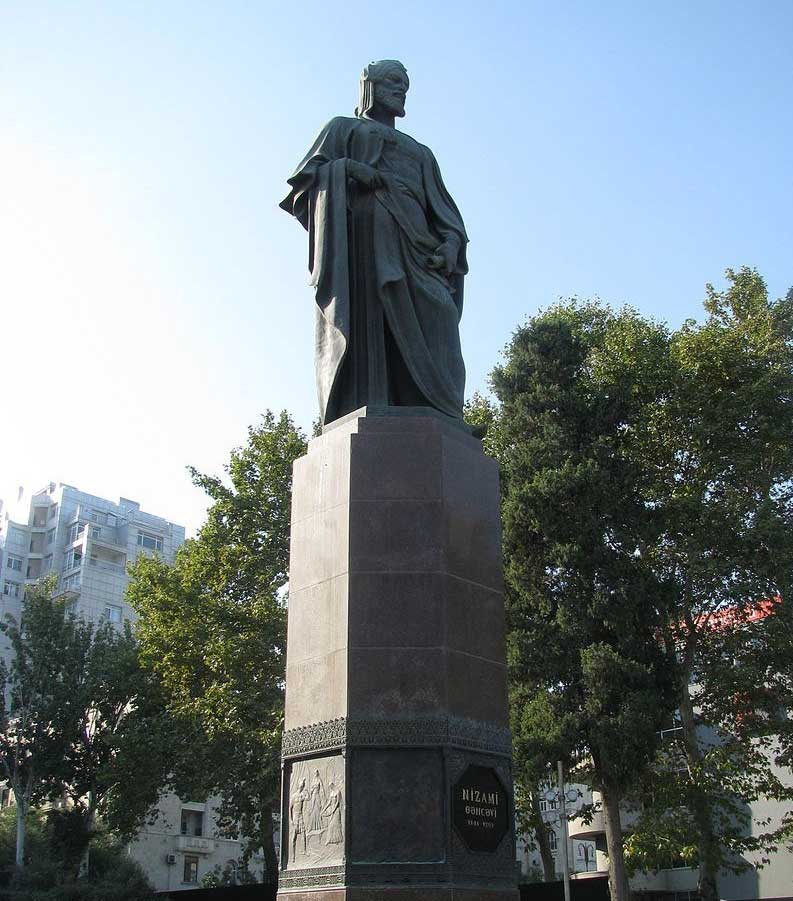
Literary Career and Achievements
Nizami’s career lasted for decades, during which he produced an extraordinary number of works. He has become one of the most celebrated classical poets in Farsi literature. Nizami is celebrated for the lyrical beauty, vivid imagery, and philosophical depth of his poetry. His work continues to be studied and admired by scholars and everyday readers alike.
Nizami’s literary career began with his early poems written during his formative years in Ganja. These early works, including his ghazals (lyric poems) and qasidas (panegyric poems), showed off his mastery of classical Persian poetry and ability to convey complex emotions through language. Nizami often explored themes related to love, spirituality, nature, and humanity – reflecting his profoundly philosophical and Sufi influences.
Nizami’s major accomplishment was the Khamsa (Quintet). Composed between 1175 and 1203, this collection of five narrative epic poems includes “Makhzan al-Asrar,” (The Treasury of Mysteries,”), “Khosrow o Shirin” (Khosrow and Shirin”), “Leyli o Majnun” (“Leyli and Majnun”), “Eskandar-nameh,” (The Book of Alexander,”), and “Haft Paykar,” or the Seven Beauties.” Although each epic poem stands alone, they are often studied together due to their shared themes and literary style.
The Khamsa is widely considered one of the pinnacles of Persian literature. Nizami’s masterful storytelling, intricate plotlines, and vivid characters have earned him a place among other great Persian poets. Furthermore, The Khamsa also features allegoric and didactic elements; Nizami weaves moral and ethical lessons into his narratives for an entertaining yet thought-provoking experience.
The great poet wrote epics, lyrical compositions, qasidas, and rubais (quatrains). His work usually deals with human emotions, vulnerability, love, and theology.
Major Works of Nizami Ganjavi
Nizami Ganjavi’s literary output is vast and eclectic, encompassing an expansive range of poetic works. His significant works, renowned for their brilliant imagery and deep insights, have earned him widespread acclaim as one of the greatest Persian poets ever. Here are some of Nizami’s most significant works:
“Khosrow o Shirin” (Khosrow and Shirin)
This is the poetic retelling of a love triangle between the King Khosrow II, Shirin, an Armenian princess, and Farhad, a man in love with the princess. This poem is now a classic piece of Persian romantic literature with influences seen throughout subsequent Farsi literature.
“Leyli o Majnun” (Leyli and Majnun)
Composed in 1192 by Nizami, this epic poem recounts the legendary story of Layla and Majnun, a tale of tragic love beloved in Persian and Arabic literature for centuries. Nizami’s “Leyli o Majnun” is one of his most beloved works due to its intense depiction of love and the pain of separation.
“Eskandar-nameh” (The Book of Alexander)
As its name suggests, this poem deals with Alexander the Great’s adventures. In it, Alexander the great fights his wars, meets with mythical and legendary figures, and discusses theological and philosophical questions.
“Haft Paykar” (The Seven Beauties)
This long poem tells is about the love-life and reign of Bahram Gur, a legendary king of ancient Persia. Bahram marries seven beautiful women, each of whom narrates stories imparting moral lessons necessary for the king to rule justly. With themes such as love, loyalty, wisdom, and rule, “Haft Paykar” is one of Persia’s masterpieces of allegorical literature.
Nizami produced major works and left a legacy of inspiring other poets and scholars with his literary accomplishments. Persian literature lovers worldwide study, interpret, and appreciate his works. Nizami’s influence on Persian literature and its development is widely recognized, making him an iconic figure in Persia’s literary heritage.
Nizami Ganjavi’s life and works are a testament to his remarkable literary talent, wisdom, and spiritual insights. His poems continue to awe readers and scholars alike, earning him a place among Persian literary greats. Nizami’s legacy as a poet, philosopher, and humanist endures today; his works remain treasures of Persian literature that transcend time and cultural boundaries.
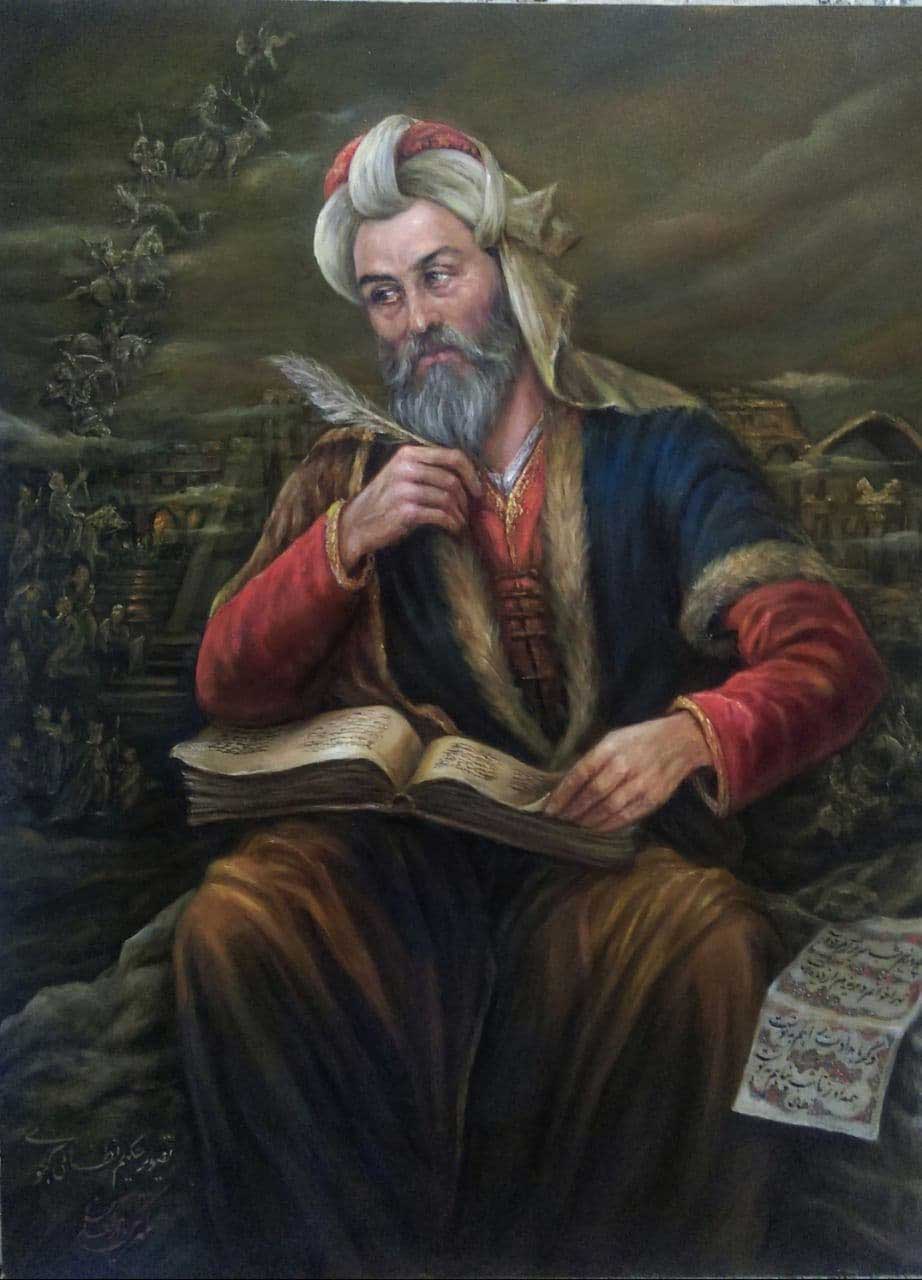
Nizami Ganjavi’s Literary Legacy
Nizami Ganjavi’s literary legacy is vast and far-reaching, spanning his influence on Persian literature, his impact on subsequent poets and writers, and his contributions to literary traditions outside Persia. Here are some key facets of Nizami’s literary legacy:
Influence on Persian Literature
Nizami’s works have immensely affected Persian literature, earning him the title of one of the greatest Persian poets ever. His poetry is celebrated for its artistic excellence, intellectual depth, and moral teachings; Nizami has inspired generations of poets with his innovative use of language imagery and poetic forms that continue to be studied and appreciated as a cornerstone in Persian literary tradition.
Contributions to Literary Traditions Beyond Persia
Nizami’s literary contributions have transcended Persia’s borders and impacted other literary traditions immensely. His works have been translated into multiple languages, earning praise from readers from diverse cultural backgrounds. Nizami’s poetry has been recognized for its universal themes of love, morality, and spirituality that have resonated with audiences beyond Persia – continuing to fascinate readers worldwide today.
Preservation of Persian Cultural Heritage
Nizami’s works serve as an invaluable repository of Persian cultural heritage. His poetry draws upon Persia’s vibrant literary, historical, and philosophical traditions to offer insights into his time’s social, cultural, and intellectual milieu. Nizami has contributed to preserving the Persian language, literature, and culture within Persia and globally through world literature.
Inspiration for Moral and Ethical Values
Nizami’s poetry is renowned for its moral and ethical teachings, encouraging virtues such as love, compassion, tolerance, justice, and wisdom. His works emphasize the significance of ethical conduct, inner reflection, and spiritual enlightenment – providing guidance on leading a meaningful life. Nizami’s works continue to motivate readers to consider their actions, relationships, and moral values – making his literary legacy relevant even in modern times.
Nizami’s Enduring Relevance and Timeless Beauty
Nizami’s works have endured for generations, celebrated for their timeless relevance and aesthetic beauty. His poetry transcends space and time, touching upon universal themes such as love, humanity, spirituality, and truth-seeking. Nizami’s literary legacy is a testament to how poetry can reach across cultural, linguistic, and temporal barriers to reach readers across generations.
Nizami Ganjavi’s literary legacy is extensive and multi-layered, encompassing his influence on Persian literature, subsequent poets and writers, contributions to other literary traditions outside Persia, preservation of Persian cultural heritage, inspiration for moral values, timeless beauty – all of which remain undiminished today.
Conclusion
Nizami Ganjavi is one of the essential classical Persian poets and literary figure whose works have been a treasure trove of Persian literature since its creation. His vivid imagery, delicacy in wordplay, and profound philosophical concepts have mesmerized readers over centuries. Likewise, today he is celebrated globally for his literary excellence and hopefully tomorrow as well.
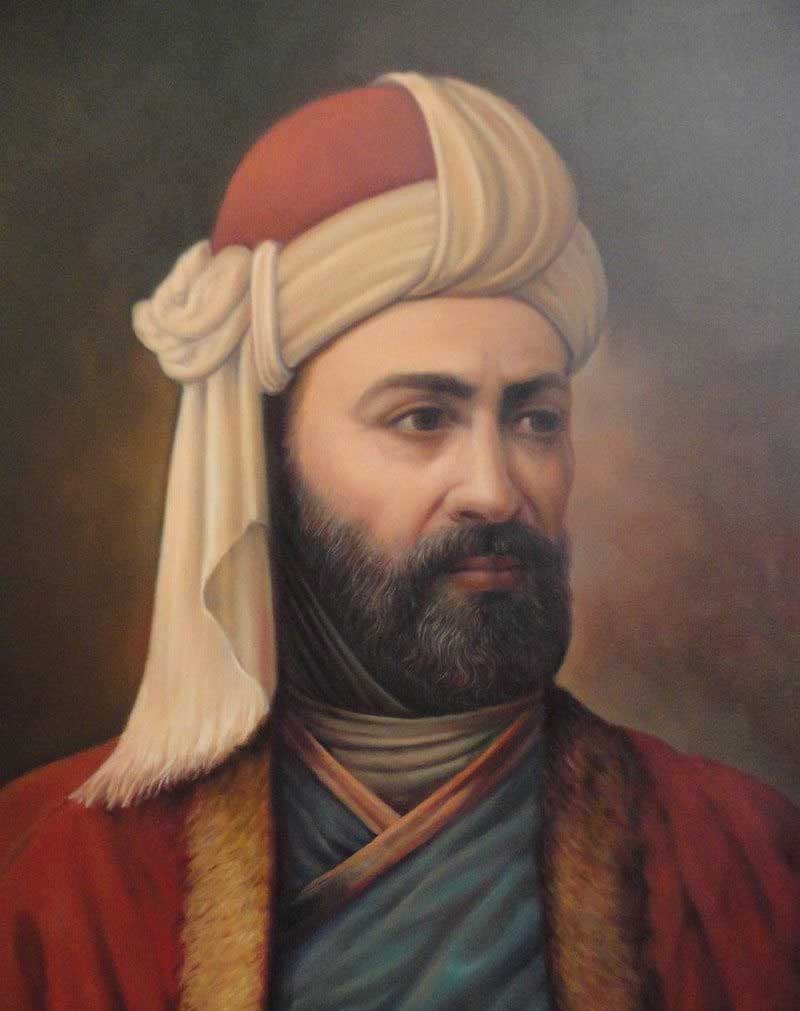
3 Best Nizami Ganjavi Poems
گوهر نیک را ز عقد مریز وآنکه بد گوهرست ازو بگریز
بدگهر با کسی وفا نکند اصل بد در خطا خطا نکند
اصل بد با تو چون شود معطی آن نخواندی که اصل لایخطی
کژدم از راه آنکه بدگهرست ماندنش عیب و کشتنش هنرست
هنرآموز کز هنرمندی در گشائی کنی نه در بندی
هرکه ز آموختن ندارد ننگ در برآرد ز آب و لعل از سنگ
وانکه دانش نباشدش روزی ننگ دارد ز دانشآموزی
ای بسا تیز طبع کاهل کوش که شد از کاهلی سفال فروش
وای بسا کور دل که از تعلیم گشت قاضیالقضات هفت اقلیم
(برگرفته از هفت پیکر)
Take not apart the good pearl from the string; from him who is of evil nature flee.
An evil nature acts consistently: have you not heard that Nature does not err?
The evil-natured man keeps faith with none; the erring nature does not fail to err.
The scorpion since it is by nature bad—to let it live is a fault, to kill it, good.
Seek knowledge, for through knowledge you effect that doors to you be opened and not closed.
He who shames not at learning can draw forth pearls from the water, rubies from the rock.
Whilst he to whom no knowledge is assigned—that person (you will find) ashamed to learn.
How many, keen of mind, in effort slack, sell pottery from lack of pearls (to sell)!
How many a dullard, through his being taught, becomes the chief judge of the Seven Climes!
(Excerpt from Haft Peykar)
نه هر قسمت که پیش آید نشاطست
نه هر پایه که زیر افتد بساطست
چو روزی بخش ما روزی چنین کرد
گهی روزی دوا باشد گهی درد
خردمند آن بود کو در همه کار
بسازد گاه با گل گاه با خار
Not every forthcoming event is full of life
Not every fallen structure is a carpet
For our livelihood is destined as such
At times livelihood is cure, at times pain
Wise are those who put effort in all affairs
For they survive, often with flowers, often with thorns
کسی راست خرما ز نخل بلند
که بر نخل خرما رساند کمند
به بستان کسی راست گردن فراز
که بویی و رنگی دهد دلنواز
There are those who climb the tallest of palm trees
Reaching for dates, latching like lasso
In this garden, the plants worthy of pride
Ooze with delightful fragrance and colour
Related Posts




